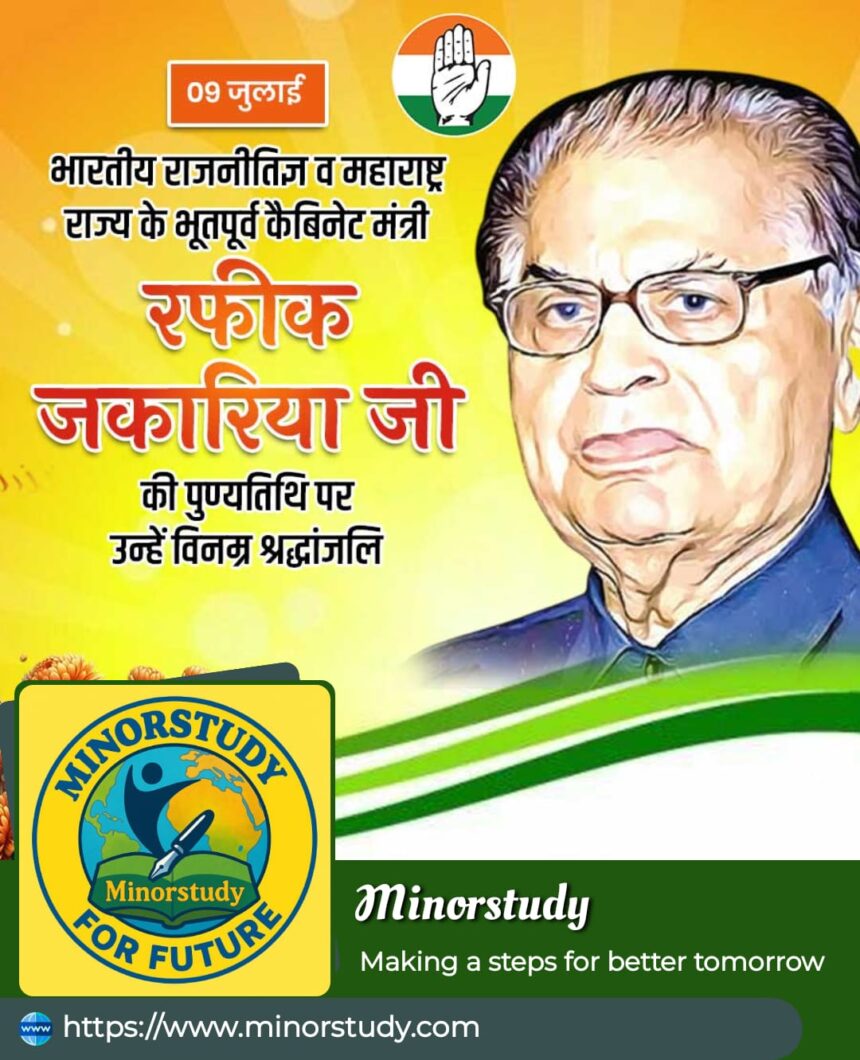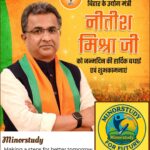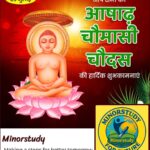7 Powerful Reasons Why Rafiq Zakaria Legacy Still Uplifts India’s Future
In a nation as diverse and dynamic as India, few individuals have made as lasting an impact as Dr. Rafiq Zakaria. A statesman, scholar, lawyer, and educationist, his voice for harmony, secularism, and education remains a guiding light for India’s pluralistic democracy. As a man who gracefully blended the worlds of Islamic scholarship and Indian nationalism, Dr. Zakaria stands tall as a beacon of intellectual and social balance.
- 🕊️ A Brief History of Dr. Rafiq Zakaria
- ⏰ Timeline of Major Events
- ✨ 7 Powerful Facts About Rafiq Zakaria
- 1. 🎓 A Champion of Modern Education
- 2. ⚖️ A Voice of Constitutional Balance
- 3. 📆 A Rational Islamic Thinker
- 4. 💬 A Secular Parliamentarian
- 5. 🌐 A Global Representative of Indian Pluralism
- 6. 📖 A Prolific Author
- 7. ✨ A Father to a Global Thought Leader
- 🤝 Significance in Our Daily Lives
- ❓ FAQs About Rafiq Zakaria
- Q1. What was Rafiq Zakaria’s primary contribution?
- Q2. Did he oppose Partition?
- Q3. What is his lasting legacy?
- Q4. Was he religious or secular?
- 🌟 Important Points to Remember
- 🙏 Wishing & Observance
- ✅ Conclusion: A Role Model for a Divided World
In this article, we explore the history, contributions, significance, and daily life relevance of Rafiq Zakaria Ji in over 1200+ words, with a human-friendly tone and in-depth reflection.
🕊️ A Brief History of Dr. Rafiq Zakaria
- Birth: April 5, 1920, Maharashtra, India
- Death: July 9, 2005
- Education: PhD from University of London, Barrister-at-Law (Lincoln’s Inn)
- Profession: Politician, Writer, Lawyer, Educationist
- Political Party: Indian National Congress
- Key Contributions: Education, Communal Harmony, Islamic Scholarship, Parliamentary Leadership
- Family: Father of renowned journalist Fareed Zakaria
⏰ Timeline of Major Events
| Year | Milestone |
|---|---|
| 1920 | Born in Maharashtra |
| 1940s | Studied law in London, began political and legal career |
| 1950s | Entered Indian politics via the Indian National Congress |
| 1960s-70s | Held key roles in Maharashtra as Minister of Urban Development and Education |
| 1970s-90s | Founded Maulana Azad College and other institutions in Aurangabad |
| 1980s | Represented India at the United Nations |
| 2005 | Passed away, leaving behind a rich legacy |
✨ 7 Powerful Facts About Rafiq Zakaria
1. 🎓 A Champion of Modern Education
Dr. Zakaria believed education was the only true tool for Muslim empowerment. He set up the Maulana Azad Education Society and various schools and colleges in backward regions like Aurangabad. Thousands of students, regardless of religion, have benefitted.
2. ⚖️ A Voice of Constitutional Balance
His training in law and politics made him a staunch defender of Indian democracy and the Constitution. He worked to bridge the gap between minority concerns and national integration.
3. 📆 A Rational Islamic Thinker
While deeply rooted in Islamic tradition, Zakaria rejected extremism. His works like The Struggle Within Islam offered progressive interpretations, advocating rational thought, interfaith harmony, and Indian values.
4. 💬 A Secular Parliamentarian
Zakaria served in Parliament and Maharashtra Assembly with dignity. His speeches were grounded in knowledge, devoid of hate, and aimed at progress and unity.
5. 🌐 A Global Representative of Indian Pluralism
As a UN delegate and speaker at global forums, he presented India as a model of multiculturalism. He stood against the Western stereotype of Indian Muslims as isolated.
6. 📖 A Prolific Author
Zakaria wrote extensively on Partition, Indian Muslims, Islam, and Indian history. Key works include:
- The Man Who Divided India
- Indian Muslims: Where Have They Gone Wrong?
- Communal Rage in Secular India
7. ✨ A Father to a Global Thought Leader
His son, Fareed Zakaria, is one of the world’s leading geopolitical thinkers, carrying forward a legacy of intellectual honesty and global dialogue.
🤝 Significance in Our Daily Lives
| Area | His Impact |
| Education | Thousands of students educated through his institutions |
| Policy | Balanced minority rights with national responsibility |
| Social Harmony | Advocated for peaceful coexistence |
| Law | Promoted constitutionalism and rights-based discourse |
| Islamic Thought | Urged for critical thinking, rejected extremism |
Zakaria Ji’s message still resonates with teachers, students, civil servants, and peacebuilders across India.
❓ FAQs About Rafiq Zakaria
Q1. What was Rafiq Zakaria’s primary contribution?
Education and secular politics. He uplifted Muslim youth through education and advocated for unity in diversity.
Q2. Did he oppose Partition?
Yes, and his book The Man Who Divided India critiques Jinnah’s role. He believed in a unified, inclusive India.
Q3. What is his lasting legacy?
Institutions in Maharashtra, powerful books, and his balanced political and intellectual contributions.
Q4. Was he religious or secular?
Both. He was religiously grounded yet politically secular—a rare and necessary combination.
🌟 Important Points to Remember
- Zakaria believed education was more powerful than any political slogan.
- He viewed religion as a private matter, not a political weapon.
- His life is an example of bridging cultures with knowledge.
🙏 Wishing & Observance
On July 9, admirers of his legacy often hold:
- Book readings
- Educational events in his institutions
- Social media tributes
Wishing Note Example: “Remembering Dr. Rafiq Zakaria—a man of wisdom, education, and harmony. May his legacy continue to guide India toward unity and enlightenment.”
✅ Conclusion: A Role Model for a Divided World
Dr. Rafiq Zakaria was more than a politician. He was a unifier, a scholar, and a voice of conscience in modern India. In today’s times of social and political polarization, his balanced, inclusive, and deeply intellectual approach is a beacon of hope.
We must revisit his works, celebrate his institutions, and more importantly, live the values he stood for.
“True patriotism is not in slogans, but in service. Not in noise, but in knowledge.” – Dr. Rafiq Zakaria
Let his memory be not just an annual ritual, but a living inspiration in our classrooms, courtrooms, and conversations.








